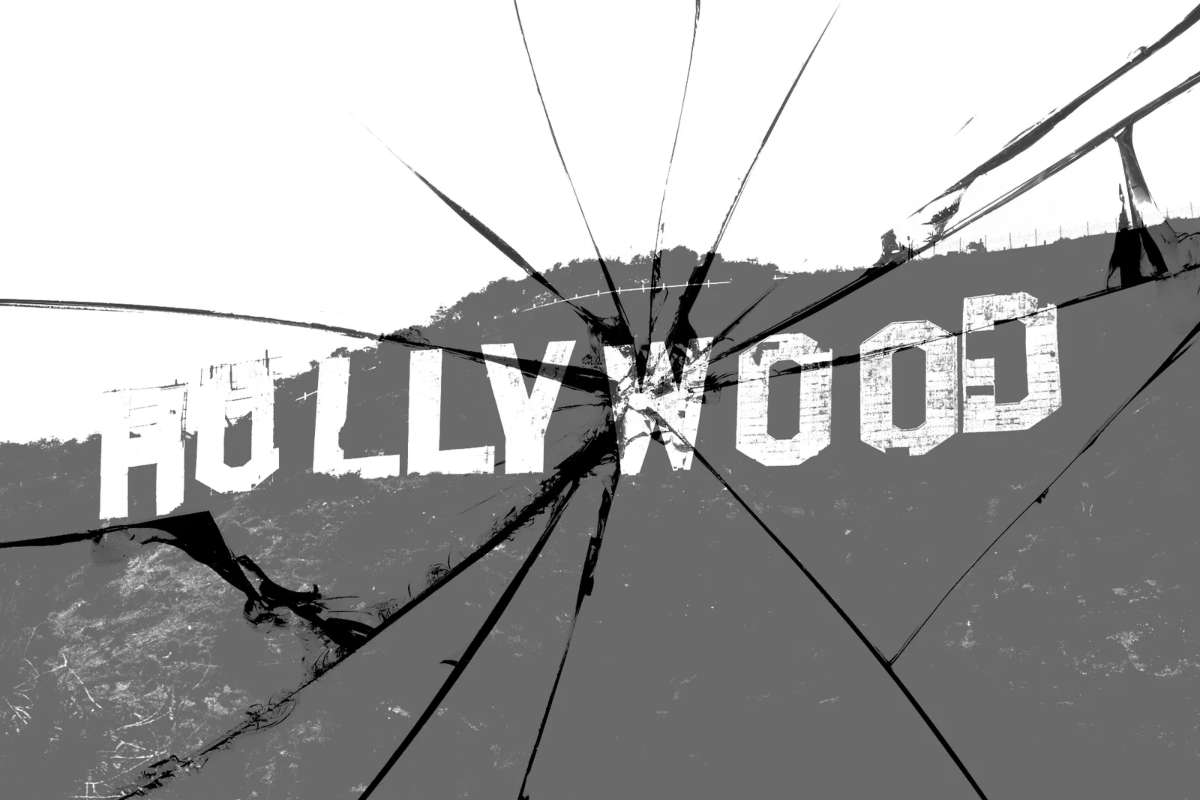The escalating U.S. and China trade war has cast a long shadow over Hollywood, threatening its global box office revenues and diminishing its cultural influence. As both nations impose retaliatory tariffs and restrictions, the film industry finds itself entangled in a geopolitical conflict with significant implications.
China’s Cold Shoulder to Hollywood
Let’s not sugarcoat it; China is done playing nice with Hollywood. In what’s clearly a retaliatory move, Beijing has slashed the number of American films allowed into its cinemas, and they’re not even pretending it’s just about “audience demand.” This isn’t just censorship. It’s economic warfare dressed up as market regulation. The decision has already impacted major studios. Shares of companies like Walt Disney, Paramount Global and Warner Bros Discovery are experiencing declines following the announcement.
For years, Hollywood banked on the Chinese market to bolster box office returns, sometimes pandering so blatantly to Chinese censors it bordered on cringeworthy. But even with the edits, cameos, and strategically placed Chinese logos, the favour is no longer being returned. With homegrown Chinese films like Ne Zha 2 pulling in billions, the message is loud and clear: China doesn’t need Hollywood anymore—and it’s making sure Hollywood knows it.

The Financial Fallout
This isn’t some minor bump in the road. China was once pulling in up to $3 billion a year for American studios. That figure has already plummeted to $1.2 billion, and with these new restrictions, it’s likely to drop even further. And yes, investors are noticing. Stocks have dipped for Disney, Paramount, and Warner Bros.
Don’t lie! Hollywood is bleeding, and Washington’s tariff tantrums are twisting the knife.
Read More: China Exposes Truth Behind Luxury Brands and Tariff Games
Death by a Thousand Cuts: U.S. Influence is Waning
Let’s talk about soft power. Hollywood has long been one of America’s greatest exports—not just in dollars, but in influence. Films shape how the world sees the U.S., its values, and its culture. Now, that influence is waning. And with China tightening control over its media and feeding audiences a steady diet of nationalist blockbusters, the global narrative is shifting—and not in America’s favour.
If this is a cultural Cold War, the U.S. just gave up its best weapon.
The Bigger Problem? Hollywood Got Complacent
This trade war didn’t just hurt Hollywood—it exposed it. For too long, the industry has leaned on foreign box offices, especially China’s, to prop up bloated budgets and weak storytelling. Instead of innovating, it catered. Instead of diversifying, it doubled down.
Now, faced with an adversarial China and no clear backup plan, Hollywood is scrambling. Co-productions? Drying up. Streaming access? Blocked. Piracy? It’s still rampant.
So, What Now?
Hollywood needs to stop chasing China’s approval and start reinventing itself. Tell stories that resonate globally without compromise. Cultivate emerging markets like India, Latin America, and Africa- markets where American culture still carries weight.

Here’s the brutal truth: if Hollywood continues to let itself be a pawn in trade war theatrics, the real drama won’t be on screen—it’ll be behind the scenes. The world’s most iconic industry will fade into irrelevance.
Stay tuned to Brandsynario for the latest news and updates.











































